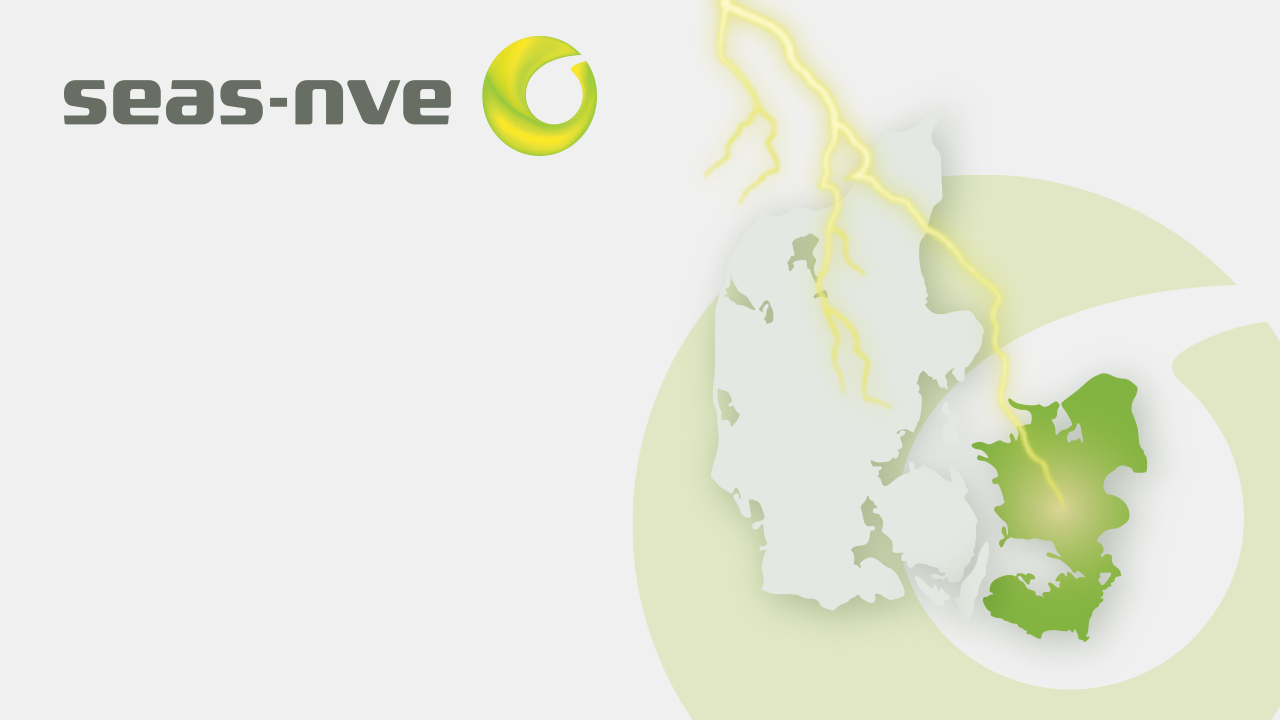Unrealistic Goals: Land 40,000 new customers, win back 95% of co-operative owners, and generate energy savings of 39 Gwh – all in 2013
Outcome: 100% achievement of the goals
Solution: Performance Culture Program
data-animation-override>
“Personally, the process has given me much greater insight into our intermediate targets and goals. It has been very informative to learn which tasks my colleagues are responsible for, and this has made it much easier for us to provide help and support across the department. We have a stronger team spirit and are more cohesive”
The Challenge
The Danish energy market had been regulated by the state for decades. Customers couldn’t change providers, which meant that the main objective for providers in the market was to service existing customers, who were often co-operative owners.
In recent years, the market has undergone extreme deregulation. Operating in this reality provides SEAS-NVE Private (SEPR) the opportunity to expand its business beyond its traditional geographic area.
To seize this opportunity, SEAS needed to transform a service culture steeped in tradition into a committed and progressive sales and consulting culture. In 2012, the company set the goals of growth in customers, customer satisfaction and energy savings through consulting and partnerships.
The Process
We brought all SEPR employees together and involved them in the process of setting extremely ambitious goals for 2013. Each employee also determined what they personally needed to focus on to achieve these goals.
Everyone agreed that these results could only be achieved with new thinking and by freeing themselves from the old “SEAS paradigms”. The department’s established leadership style was examined and challenged, while the ability to cooperate across the organisation and within the individual teams became the primary focus.
The new, unifying agenda was defined as: personal responsibility, prioritisation and focus on results. Weekly follow-up on results-yielding activities became routine on the path to success.
Old Habits
In the old department structure, the management and employees worked in a reactive culture, where nobody took responsibility and maintenance was prioritised above results. Employees didn’t know what management expected of them. They didn’t know which goals had been set, which tasks were critical for achieving results and which activities were required.
In other words, the employees saw no correlation between their daily lives and the message conveyed by management.
New Behaviour
The goals set by the employees and management in SEPR seemed unrealistic and out of reach. And yet, from the outset, both management and employees approached the project with great enthusiasm and willingness to change. As a result, the project progressed steadily and the goals became more and more realistic.
Throughout the entire process, the employees have been involved in the formulation of their department’s ambitions through workshops and quarterly meetings. And to ensure progress, everyone keeps tabs on the results at weekly results meetings, where responsibility for target achievement rests solely with each individual employee.
The new department is now characterised by consistency and the ability to change. Employees demonstrate a strong sense of personal responsibility for their own results, as well as for the department’s and SEAS-NVE’s overall results. With their coaching-oriented and inclusive approach to leadership, SEPR’s management has achieved record-high employee satisfaction ratings.
The Results
SEPR achieved every goal the company set for itself.
The Hero
Carsten Fischer, Market Manager, has brought an unrelenting attitude to his operations, providing a breath of fresh air to the entire SEAS-NVE organisation. And he has done so without losing control of his operations.
Carsten always knew what needed to be done, but now he employs his leadership style to ensure that managers and employees assume responsibility for goals and development. Carsten has given his management team a sense that anything is possible, and SEPR continuously incorporates the changing market conditions into the department’s operations.
Throughout the entire process, Carsten has delegated but never abdicated.
The Unrealistic Goal
Why were the goals of 40,000 new customers and 4,000 returning co-operative owners (95%) so unrealistic? Across the industry, 220,000 customers change providers each year. SEAS-NVE is responsible for more than 20% of that activity.
The results appear even more impressive within the context of the numbers from past years. In 2011, SEAS-NVE moved 6,000 customers, in 2012 this total was 40,000, and this year the company will move 45,000 customers.
The Organisation
SEAS-NVE provides energy and communications services to 400,000 customers and co-operative owners. SEAS-NVE merges its roots in the co-operative movement with modern corporate management.
SEPR comprises two teams – Sales and Post Sales (win-back and churn) – with a total staff of ten, including two managers.


